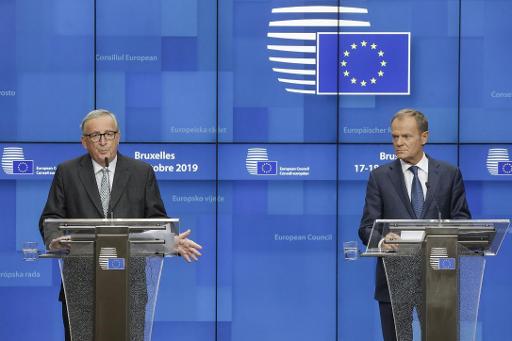The European Union needs to keep its promises if it wants to be respected in the world, European Commission President Jean-Claude Juncker said on Friday after describing as a “huge historical mistake” the blocking of the opening of accession negotiations with North Macedonia and Albania.
On Thursday evening, the 28 member states of the EU failed to reach agreement on allowing negotiations with Skopje and Tirana to start.
The European Commission had recognised that the two countries were ready to begin the long obstacle race to EU membership but France, at the head of a few recalcitrant members, would have nothing of it. Paris called for a complete overhaul of the enlargement process before the start of new talks. The Netherlands and Denmark also came out against the launch of negotiations.
Related News
- EU Summit: Brexit deal, budget and foreign policy
- EU stumbles over North Macedonia and Albania membership talks
Their refusal, slammed by Juncker at a press conference, was also deplored by European Council President Donald Tusk, who described it as a mistake and called on Macedonians and Albanians not to give up on their desire for European integration.
Tusk said he hoped this was just a crisis of short duration for the EU and not the end of the process for the two countries of the Western Balkans. He stressed that a solution needed to be found before May 2020, when a summit on the Western Balkans will be held in Zagreb.
On Friday, many Member States deplored the lack of consensus on the issue, insisting on the need not to discourage deserving countries, otherwise they might be stabilised and react by joining another camp out of frustration.
"Many other actors" are trying to play a role in this region, warned Belgian Prime Minister Charles Michel, who will be in charge of the accession issue from December as President of the European Council.
Bulgarian Prime Minister Boyko Borissov gave a similar, even more explicit, warning. If Europe turns its back on the Balkans, he said, states like Russia, China and Turkey will benefit.
The Brussels Times

